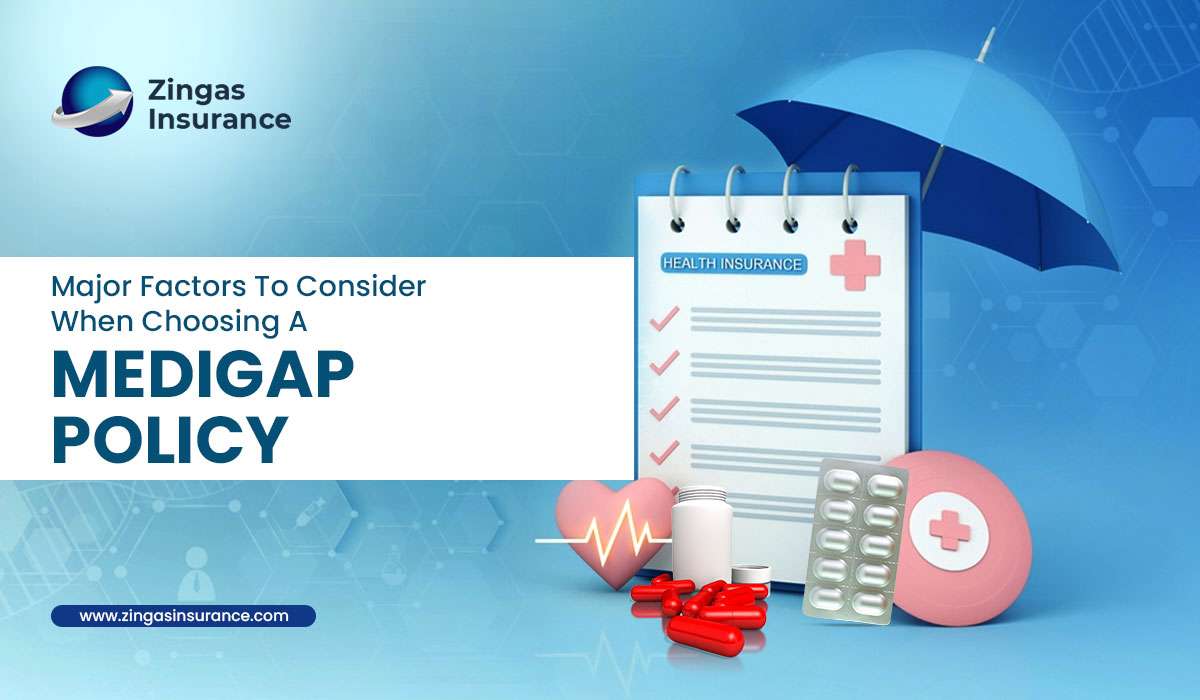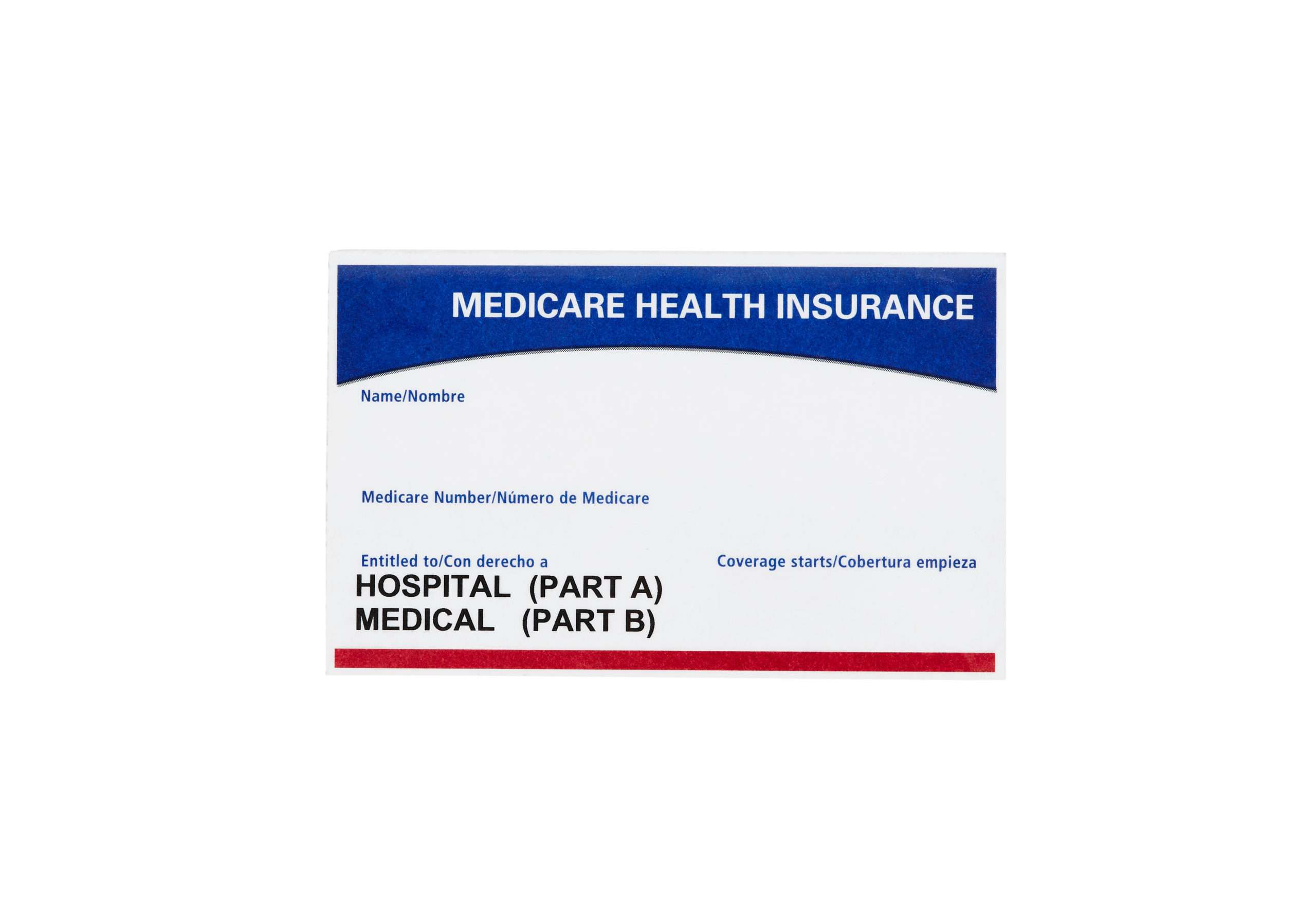Navigating the World of Health Insurance Plans

Why Choose a Health insurance agent
- Using a health insurance agent can provide numerous benefits that can make navigating the complex world of healthcare much easier and more efficient. These professionals are well-versed in the intricacies of health insurance policies and can help individuals and families find the most suitable coverage based on their specific needs and budget. Health insurance agents act as advocates for their clients, guiding them through the process of selecting the right plan, understanding policy terms and conditions, and even assisting with claims or billing issues. With their expertise and industry knowledge, health insurance agents can save valuable time and effort for individuals while ensuring they have the best possible coverage to protect their health and financial well-being. Choosing to work with a health insurance agent is a smart decision that can lead to peace of mind knowing that you have expert guidance in securing the right healthcare protection.
Introduction
Navigating the world of health insurance plans can be a daunting task. With so many options available and complex terminology to understand, it’s easy to feel overwhelmed. However, having a good understanding of health insurance basics is essential for making informed decisions about your healthcare coverage. In this blog, we will explore the key highlights of health insurance plans, the different types of plans available, factors to consider when choosing a plan, the importance of coverage details, the role of an insurance broker, navigating Medicare and Medicaid, the impact of the Affordable Care Act on health insurance, health insurance for individuals with pre-existing conditions, and frequently asked questions.
Understanding Health Insurance Basics
Before diving into the specifics of health insurance plans, it’s important to understand the basics. Health insurance is a contract between an individual and an insurance company that provides financial protection against the cost of medical expenses. It works by pooling the risk of many individuals together, so that the cost of healthcare can be shared. Individuals pay monthly premiums to the insurance company, and in return, the insurance company covers a portion of their medical expenses, according to the terms of the plan.
What is Health Insurance and How Does it Work?
Health insurance is a contract between an individual and an insurance company that provides financial protection against the cost of medical expenses. It works by pooling the risk of many individuals together, so that the cost of healthcare can be shared. When an individual purchases a health insurance plan, they pay a monthly premium to the insurance company. In return, the insurance company agrees to cover a portion of their medical expenses, according to the terms of the plan.
When a person needs medical care, they typically visit a healthcare provider who is in-network with their insurance plan. The provider bills the insurance company for the services provided, and the insurance company pays a portion of the bill directly to the provider. The individual is responsible for paying any deductibles, co-pays, or co-insurance outlined in their plan. The exact details of how health insurance works can vary depending on the type of plan and the insurance carriers they represent.
Types of Health Insurance Plans Available
There are several types of health insurance plans available, each with its own benefits and limitations. The most common types of health insurance plans include Health Maintenance Organizations (HMOs), Preferred Provider Organizations (PPOs), Exclusive Provider Organizations (EPOs), and Point of Service (POS) plans.
HMOs typically have lower premiums and require individuals to choose a primary care physician (PCP) who acts as a gatekeeper for all healthcare services. In an HMO, individuals must obtain referrals from their PCP to see specialists.
PPOs offer more flexibility in choosing healthcare providers and do not require individuals to have a PCP or referrals. However, staying in-network with a PPO typically results in lower out-of-pocket costs.
EPOs are similar to PPOs but do not cover out-of-network care, except in emergency situations.
POS plans combine elements of HMOs and PPOs, allowing individuals to see specialists without a referral but offering lower out-of-pocket costs for in-network providers.
Choosing the Right Health Insurance Plan
Choosing the right health insurance plan is a crucial decision that can have a significant impact on your healthcare and financial well-being. When selecting a plan, it’s important to consider factors such as plan options, insurance companies, and plan benefits. By carefully evaluating these factors and understanding your healthcare needs and budget, you can make an informed decision that meets your individual needs. Additionally, asking your broker the right questions and comparing the different types of plans available, such as HMOs, PPOs, EPOs, and POS plans, can help you determine which plan aligns best with your healthcare preferences.
Factors to Consider When Selecting a Plan
When selecting a health insurance plan, there are several factors to consider. First, you should evaluate your healthcare needs and determine what type of coverage is most important to you. This includes considering factors such as prescription drug coverage, specialist visits, and hospital stays.
Next, you should research different insurance companies and compare their benefits, network of healthcare providers, and customer satisfaction ratings. It’s important to choose an insurance company that is reputable and has a strong track record of providing quality healthcare coverage.
Lastly, you should review the different plan options available, such as HMOs, PPOs, EPOs, and POS plans. Each type of plan has its own benefits and limitations, so it’s important to choose one that aligns with your healthcare preferences and budget. By considering these factors, you can make an informed decision and choose a health insurance plan that meets your individual needs.
Plan options: When selecting a health insurance plan, it’s important to consider the different options available. This includes evaluating factors such as the type of plan (HMO, PPO, EPO, or POS), the network of healthcare providers, and the coverage provided.
Comparing HMOs, PPOs, EPOs, and POS Plans
When comparing HMOs, PPOs, EPOs, and POS plans, it is important to understand the differences between each type of plan. HMOs, or Health Maintenance Organizations, typically require individuals to choose a primary care physician (PCP) who will coordinate their healthcare and provide referrals to specialists when necessary. PPOs, or Preferred Provider Organizations, offer more flexibility in choosing healthcare providers and do not require a PCP or referrals. EPOs, or Exclusive Provider Organizations, are similar to HMOs in that they require individuals to use a network of healthcare providers and obtain referrals for specialist care. However, EPOs do not require individuals to have a PCP and typically do not require referrals. POS plans, or Point-of-Service plans, combine elements of both HMOs and PPOs. They have a network of providers and require a PCP, but also allow individuals to go out-of-network for care at a higher cost. Understanding the differences between these plan types can help individuals choose the best option for their healthcare needs.
The Importance of Coverage Details
Understanding the coverage details of a health insurance plan is crucial in ensuring that it meets your healthcare needs. This includes understanding the deductibles, which are the amount you must pay before your insurance coverage kicks in. It also involves understanding the premiums, which are the monthly payments you make for your insurance. Additionally, knowing the out-of-pocket maximums can help you understand the maximum amount you will have to pay for covered services in a year. By understanding these details, you can make an informed decision about which plan is best for you.
Understanding Deductibles, Premiums, and Out-of-Pocket Maximums
Deductibles, premiums, and out-of-pocket maximums are important considerations when selecting a health insurance plan. A deductible is the amount you must pay out-of-pocket before your insurance coverage begins. For example, if you have a $1,000 deductible, you must pay the first $1,000 of covered expenses before your insurance starts paying. Premiums are the monthly payments you make for your insurance coverage. These can vary depending on the level of coverage and the insurance company. Out-of-pocket maximums are the maximum amount you will have to pay for covered services in a year. Once you reach this limit, your insurance will cover 100% of covered expenses. Understanding these factors can help you determine the cost of coverage and choose the plan that aligns with your budget and healthcare needs.
The Role of Prescription Coverage and Network Providers in Your Choice
Prescription coverage and network providers play a significant role in determining the suitability of a health insurance plan. Prescription coverage refers to the extent to which a plan covers the cost of prescription drugs. Some plans may have a formulary that lists the medications covered and their associated costs. It is important to review this information to ensure that any necessary medications are included in the plan’s formulary. Network providers are the healthcare professionals and facilities that have agreed to provide services at a discounted rate to plan members. It is essential to review the network providers associated with a plan to ensure that your preferred healthcare providers are included. Additionally, if you require specialized care, it is important to verify that the plan has a sufficient number of specialists within its network. Finally, Part D prescription drug plans are an option for individuals who require prescription drug coverage. These plans can be added to Original Medicare or Medicare Advantage plans to provide coverage for prescription medications. Considering these factors can help you make an informed decision about which health insurance plan is best suited to your prescription and healthcare needs.
Navigating Medicare and Medicaid
Navigating Medicare and Medicaid can be complex, but understanding the eligibility criteria and coverage options for each program can help simplify the process. Medicare is a federal health insurance program primarily for individuals aged 65 and older, as well as some younger individuals with disabilities. Medicaid, on the other hand, is a joint state and federal program that provides health coverage for individuals with low income. It is important to understand the eligibility requirements and coverage options for both programs, as well as the potential impact on beneficiaries, to determine which program may be most suitable for your healthcare needs.
Eligibility Criteria and Coverage Options
Medicare eligibility is primarily based on age, with individuals aged 65 and older qualifying for the program. However, younger individuals with certain disabilities may also be eligible for Medicare. Medicaid eligibility, on the other hand, is determined by income and other factors such as age, disability status, and family composition. Medicaid services vary by state, but they typically include a comprehensive range of healthcare services, including doctor visits, hospital care, prescription drugs, and long-term care. Understanding the eligibility criteria and coverage options for both Medicare and Medicaid can help individuals determine which program may be most beneficial for their healthcare needs and financial circumstances.
Key Differences Between Medicare and Medicaid
Medicare and Medicaid are two distinct government programs that provide health coverage to different populations. There are several key differences between the two programs.
|
Medicare |
Medicaid |
|
Primarily for individuals aged 65 and older |
Primarily for low-income individuals |
|
Some younger individuals with disabilities may qualify |
Individuals with disabilities may qualify |
|
Federally funded program |
Jointly funded by states and the federal government |
|
Provides coverage for hospital care, medical services, and prescription drugs |
Coverage varies by state, but typically includes a comprehensive range of healthcare services |
|
Enrollment is automatic for individuals receiving Social Security benefits |
Eligibility is determined by income and other factors, and individuals must apply for coverage |
|
Offers different parts (A, B, C, and D) with various coverage options |
Coverage options and benefits vary by state |
|
Individuals may choose to receive coverage through Original Medicare or Medicare Advantage plans |
Individuals may receive coverage through managed care plans or fee-for-service programs |
Understanding these key differences can help individuals determine which program may be most suitable for their healthcare needs and financial circumstances.
The Impact of the Affordable Care Act on Health Insurance
The Affordable Care Act, also known as Obamacare, has had a significant impact on the health insurance landscape in the United States. The law introduced several key changes, including expanding Medicaid eligibility, establishing health insurance marketplaces, and implementing consumer protections such as the prohibition of denying coverage based on pre-existing conditions. These changes have increased access to health insurance for many individuals and have provided more options for coverage. Understanding the impact of the Affordable Care Act is crucial in navigating the world of health insurance and accessing the coverage and benefits available under the law.
Changes in Policy and How They Affect You
The Affordable Care Act brought about several changes in health insurance policy that may affect individuals seeking coverage. One of the key changes was the establishment of health insurance marketplaces, also known as exchanges, where individuals can compare and purchase health insurance plans. These marketplaces provide a centralized platform for accessing different plan options and subsidies to help make coverage more affordable. Additionally, the law implemented consumer protections such as prohibiting the denial of coverage based on pre-existing conditions and extending coverage for dependents up to age 26. However, it is important to note that these protections do not apply to all types of health insurance plans, such as short-term plans or certain employer-sponsored plans that may still require underwriting. Understanding these policy changes and how they affect you can help you make informed decisions when selecting a health insurance plan through the marketplaces or through other means.
Health Insurance Marketplaces – Shopping for Insurance Made Easier
Health insurance marketplaces, also known as exchanges, were established as part of the Affordable Care Act to provide individuals with a centralized platform for comparing and purchasing health insurance plans. These marketplaces make shopping for insurance easier by allowing individuals to compare different plan options based on factors such as cost, coverage benefits, and network providers in their geographic area. Additionally, the marketplaces offer subsidies to help make coverage more affordable for individuals who meet certain income criteria. By utilizing the health insurance marketplaces, individuals can access a wide range of plan options, compare prices and benefits, and find a plan that best suits their healthcare needs and budget.
Health Insurance for Individuals with Pre-existing Conditions
Health insurance for individuals with pre-existing conditions is a crucial aspect of the Affordable Care Act. Prior to the law, individuals with pre-existing conditions often faced difficulties obtaining affordable health insurance coverage. The Affordable Care Act prohibits insurance companies from denying coverage or charging higher premiums based on pre-existing conditions. Additionally, the law introduced protections such as guaranteed issue and community rating, which ensure that individuals have access to coverage regardless of their health status. Understanding the protections and options available for individuals with pre-existing conditions is essential in navigating the world of health insurance and ensuring access to necessary healthcare services.
Protections and Options Available
The Affordable Care Act introduced several protections and options for individuals with pre-existing conditions. Insurance companies are no longer allowed to deny coverage or charge higher premiums based on pre-existing conditions. This ensures that individuals with pre-existing conditions have access to affordable health insurance coverage. Additionally, the law introduced the concept of continuous coverage, which encourages individuals to maintain health insurance coverage to avoid any coverage gaps that may result in higher premiums or waiting periods for coverage of pre-existing conditions. By understanding these protections and options, individuals with pre-existing conditions can ensure that they have access to the healthcare services they need without facing financial hardships or coverage limitations.
The Importance of Continuous Coverage
Continuous coverage is an important concept in health insurance, particularly for individuals with pre-existing conditions. Continuous coverage refers to the uninterrupted maintenance of health insurance coverage. By maintaining continuous coverage, individuals can avoid any waiting periods or higher premiums associated with pre-existing conditions. The Affordable Care Act introduced the concept of continuous coverage to encourage individuals to maintain health insurance coverage and ensure seamless access to necessary healthcare services. It is important for individuals to understand the importance of continuous coverage and the potential consequences of any coverage gaps. By maintaining continuous coverage, individuals can protect themselves from financial hardships and ensure access to comprehensive healthcare services.
Conclusion
Navigating the world of health insurance plans can be daunting, but understanding the basics and key highlights is crucial. From choosing the right plan to grasping coverage details and exploring Medicare and Medicaid options, your healthcare decisions impact both your well-being and finances. With the Affordable Care Act reshaping policies and health insurance marketplaces simplifying shopping, staying informed is key. Remember, protecting yourself against unforeseen medical expenses and maintaining continuous coverage is essential for peace of mind. If you have questions on lowering costs, retaining your doctor, or navigating enrollment periods, seek guidance from insurance experts to find a plan that suits your needs best.
Frequently Asked Questions
How Can I Lower My Health Insurance Costs?
There are several strategies individuals can employ to lower their health insurance costs. One option is to choose a plan with a higher deductible, which typically results in lower monthly premiums. Additionally, individuals can compare different insurance companies and plan benefits to find the most cost-effective option. Finally, understanding the out-of-pocket maximums can help individuals plan for potential healthcare expenses and avoid unexpected costs.
Can I Keep My Doctor When I Switch Plans?
Whether or not you can keep your doctor when switching health insurance plans depends on the specific plan and its network providers. Different insurance companies offer different network options, so it is important to review the plan details and network provider listings to ensure your preferred healthcare providers are included.
What Happens If I Miss the Open Enrollment Period?
If you miss the open enrollment period for health insurance, you may still have options. Some insurance companies offer special enrollment periods for individuals who experience qualifying life events, such as getting married or losing other coverage. Additionally, you may be eligible for Medicaid or other state programs, depending on your circumstances. It is important to explore your options and understand the coverage details of each plan to ensure you have the necessary health insurance coverage.


















